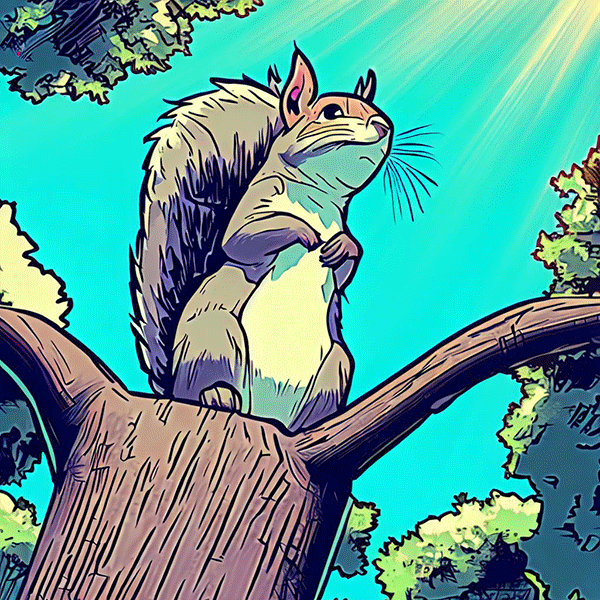What are Vertebrates?
Vertebrates are animals that possess a backbone or spinal column. This includes mammals, birds, reptiles, amphibians, and fish. The backbone is made up of small bones called vertebrae, which houses the spinal cord – an important part of the nervous system.
Different Types of Vertebrates
There are five main groups of vertebrates, each with their own unique characteristics:
- Mammals: This group includes animals like humans, dogs, cats, and elephants. Mammals produce milk to feed their babies.
- Birds: Birds are known for their feathers and their ability to fly, although not all birds can fly. Examples include sparrows, eagles, penguins, and ostriches.
- Reptiles: Reptiles have scales and lay hard-shelled eggs. They include animals like turtles, snakes, and crocodiles.
- Amphibians: Amphibians begin their life in water with gills and then, through metamorphosis, develop lungs to breathe air. Frogs, toads, and salamanders are all amphibians.
- Fish: Fish live in water and have gills to breathe. Examples include goldfish, sharks, and salmon.
Remember, whether it’s your pet dog wagging its tail, a bird soaring high in the sky, or a fish swimming swiftly in the water, they are all part of the incredible vertebrate family!
